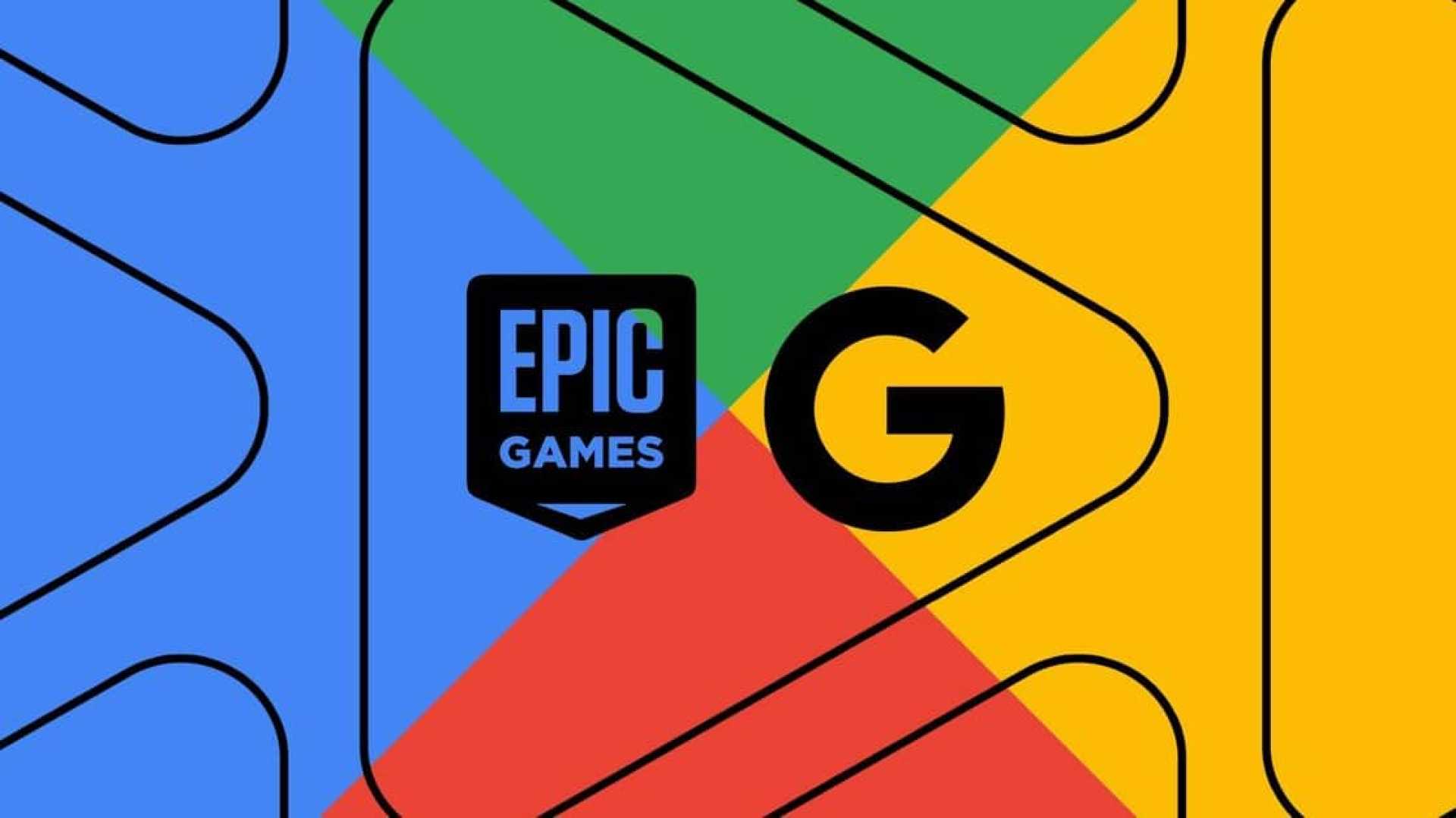News
Judge Grants Google Temporary Stay in Epic Games Antitrust Case

A federal judge in California has granted Google‘s request for a temporary administrative stay of his earlier ruling requiring changes to the company’s Android app store rules. Judge James Donato‘s decision, announced on October 18, 2024, comes amid an ongoing antitrust lawsuit filed by “Fortnite” creator Epic Games, aimed at increasing consumer choice in software downloads.
Last December, a jury had determined that Google engaged in monopolistic practices via its Android app store, known as the Play Store. In response, Judge Donato had originally ordered Google to implement measures that would allow for more competition by November 1, 2024. However, Google argued that complying with these regulations could harm its operations and introduce “serious safety, security and privacy risks” to the Android ecosystem.
In his ruling, Judge Donato allowed for a temporary delay, granting the Ninth U.S. Circuit Court of Appeals time to weigh in on Google’s separate appeal for a longer stay. The pause prevents immediate enforcement of all but one aspect of the ruling: Google is barred from making deals with carriers or device makers that would prevent the preinstallation of rival app stores in exchange for financial incentives, effective November 1, 2024, through November 1, 2027.
Google welcomed the decision, stating it looks forward to protecting its platforms and users. The company voiced its concerns that the injunction proposed by Epic Games could detrimentally affect the Play Store’s integrity.
Epic Games, on the other hand, criticized the court’s decision as a procedural step, accusing Google of employing “fearmongering” tactics to maintain its market dominance and continue collecting significant fees from Android developers.
The legal battle has seen Epic challenging Google’s alleged monopoly in the manner in which consumers download apps and conduct in-app transactions on Android devices. The original ruling demanded that Google allow users the flexibility to download apps from competing third-party stores and use alternatives to Google’s in-app payment system. Additionally, it prohibited Google from offering payments to device makers to exclusively preinstall its app store.
Google is appealing the jury’s antitrust findings with the Ninth Circuit Court, asserting that its Play Store competes directly with Apple’s App Store, hence it should not be considered a monopoly. The company argued that the court’s imposed measures would illegitimately force it to conduct business with its competitors.












